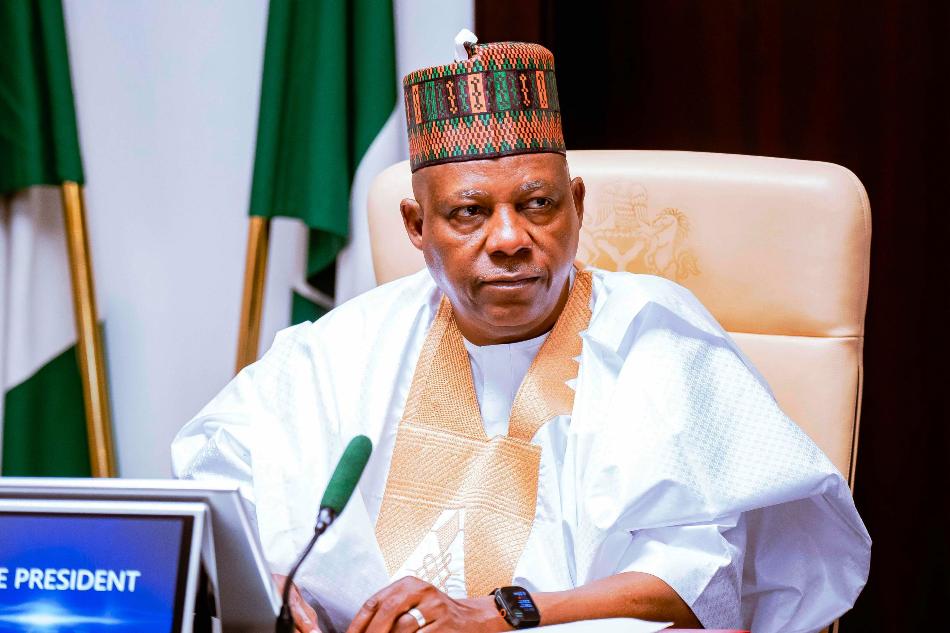
LAGOS State is investing in renewable energy solutions to bridge the energy gap and ensure residents access clean energy.
The project, through Lagos Urban Development Initiative (LUDI), is in partnership with C40 and UK AID.
At presentation of findings after a Gaps and Needs Assessment, Permanent Secretary (Environmental Services), Ministry of Environment and Water Resources, Omobolaji Tajudeen, described the needs assessment as germaine to ensuring the project’s success.
He said the pilot phase would give a better understand of peculiarities and details of appropriate models.
“We are trying to reduce carbon emissions and others that cause climate change, and government is looking towards renewable energy solutions.
“The plan is to use most efficient energy generation/saving technique, which is solar. Also, the implementation will create more jobs because we will have more cottage industries and people will have more techniques in creating value chains of investments around renewable energy.”
C40CT adviser for Lagos, Maximus Ogwuoke, said the project is made possible as Lagos is a beneficiary of UK AID supported climate change action implementation.
He said: “Lagos, last year, launched its climate action plan which prioritised actions around energy, transport and waste, as principal areas where emission can be removed. Energy contributes over 50 per cent of emission in Lagos, and to win the climate change war, as well as erase emission, we have to focus on energy, and that’s why the needs and gaps assessment was done.
“Our focus is to look at models to be most suitable for Lagos in terms of deploying solar solution for residence and SME’s. We are starting with the pilot to determine the most suitable for each beneficiary before we escalate it everywhere. For instance, there will be a different model for barber’s shops, another for hotels, and so on…’’
A facilitator and professor of Urban Management and Governance at University of Lagos, Taibat Lawanson, noted ‘it is important we seek ways to improving availability and accessibility to clean energy’.
“This stakeholder engagement is basically to think through how to put Lagos on the path of accessing renewable energy. We have to think through challenges and opportunities in the sector for Lagos, the quick wins, small approaches, local approaches, as well as the larger central approaches needing huge investment and government buy in…’’ she said’.
“Energy is tied to every aspect of life. On a basic level, when there’s no light we are usually miserable. We have this vast resource from the sun and if we are able to tap it on a very basic fundamental level, people will be able to do the things they ought to do, children will be able to study into the night, businesses will run well and we’ll be able to breathe cleaner air. If we are able to tap this opportunity, the fossil fuel generators will become redundant, and the attendant consequences on our health will change for the better.”




